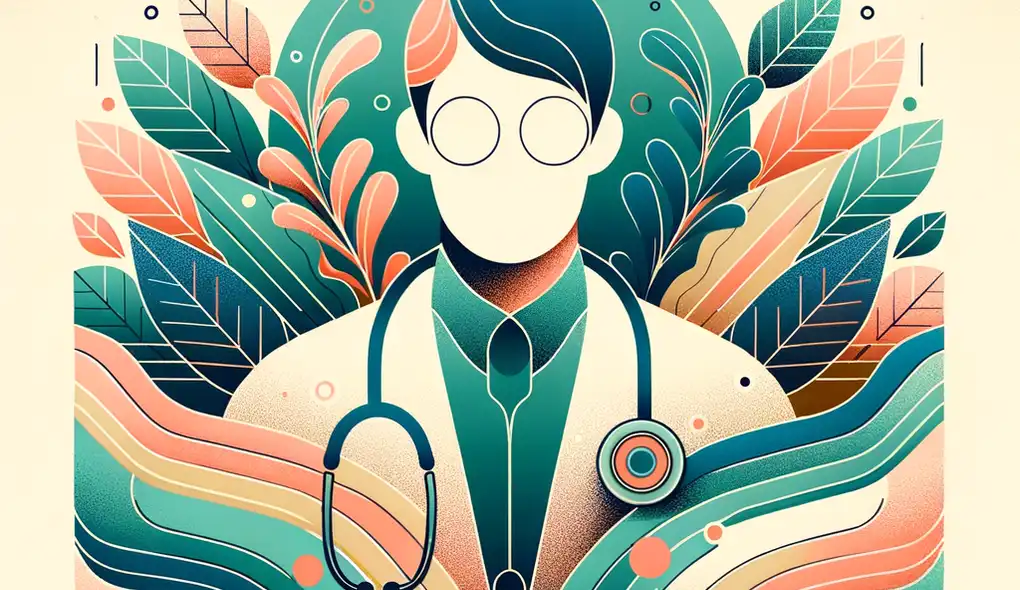How do you ensure cultural sensitivity when working with patients from diverse backgrounds?
Tropical Medicine Specialist Interview Questions
Sample answer to the question
When working with patients from diverse backgrounds, I ensure cultural sensitivity by first recognizing and respecting their unique cultural beliefs, values, and practices. I take the time to understand their cultural norms and customs, and treat each patient as an individual with their own needs and preferences. I make an effort to communicate effectively by using clear and concise language, and I am always willing to listen and learn from my patients. Additionally, I collaborate closely with interpreters and cultural liaisons to bridge any language or cultural barriers. Overall, my goal is to create a safe and inclusive environment where patients feel comfortable and respected.
A more solid answer
Ensuring cultural sensitivity when working with patients from diverse backgrounds is a top priority for me. I have gained valuable experience in this area through my work at a multicultural community clinic. To begin with, I actively educate myself about the cultures and practices of the communities I serve. This involves attending workshops and cultural competency training sessions. By staying informed about cultural nuances, I am better equipped to communicate and interact respectfully with patients. For instance, during a consultation, I always start by asking patients about their preferred name and pronouns, as well as any cultural customs they would like me to be aware of. This simple gesture helps establish trust and shows that I value their identity. Additionally, I make sure to involve interpreters when necessary to ensure effective communication. I also collaborate closely with other healthcare professionals to provide holistic care that addresses patients' cultural needs. For example, if a patient requires dietary modifications due to religious or cultural restrictions, I work with the clinic's nutritionist to develop appropriate meal plans. Overall, my approach is to listen, learn, and adapt to each patient's unique cultural background.
Why this is a more solid answer:
The solid answer expands on the basic answer by providing specific examples and details about the candidate's experience and approach to cultural sensitivity. It showcases their proactive effort to educate themselves about different cultures, their respect for patients' identity and customs, and their collaboration with interpreters and other healthcare professionals. However, the answer could be further improved by including more details or examples of how the candidate has adapted to diverse cultural backgrounds or made patients feel comfortable in challenging environments.
An exceptional answer
As a Tropical Medicine Specialist, I understand the critical importance of cultural sensitivity when working with patients from diverse backgrounds. In my previous role at an international medical mission, I encountered patients from various cultures and made it a priority to always show respect for their cultural values. I actively sought to understand their cultural norms and practices, which allowed me to provide tailored healthcare recommendations. For example, while treating a patient from a West African community, I learned about their traditional healing practices and integrated them into the treatment plan, alongside evidence-based medicine. This approach not only enhanced the patient's trust in their healthcare but also facilitated better treatment outcomes. Additionally, I have developed strong communication skills that enable me to effectively bridge language barriers. I have become proficient in multiple languages, including Spanish and French, which has allowed me to directly communicate with patients and gain a deeper insight into their needs and concerns. Furthermore, I have participated in medical cultural exchange programs, where I spent time working in healthcare facilities abroad. These experiences immersed me in different cultural contexts, enhancing my understanding of diverse healthcare practices and further boosting my cultural sensitivity. Overall, my extensive experience, proactive attitude, and commitment to ongoing education make me highly capable of fostering cultural sensitivity in my interactions with patients from diverse backgrounds.
Why this is an exceptional answer:
The exceptional answer provides a comprehensive response that demonstrates the candidate's deep understanding of cultural sensitivity. It showcases their ability to integrate traditional healing practices into evidence-based medicine, their language skills to communicate directly with patients, and their exposure to diverse healthcare practices through international experiences. The answer also highlights their proactive attitude and commitment to ongoing education. This answer goes above and beyond in addressing the evaluation areas and aligning with the job description.
How to prepare for this question
- Research and familiarize yourself with the cultures and practices of the communities you will be serving.
- Attend cultural competency training sessions or workshops to enhance your understanding of cultural nuances.
- Practice active listening and empathy to better understand patients' unique needs and preferences.
- Develop strong communication skills, including proficiency in languages commonly spoken by your patient population.
- Collaborate with interpreters and cultural liaisons to bridge language and cultural barriers.
- Seek opportunities for international experiences or medical cultural exchange programs to broaden your exposure to diverse healthcare practices.
What interviewers are evaluating
- Cultural sensitivity
- Communication
- Collaboration
- Respect for diversity
- Adaptability
Related Interview Questions
More questions for Tropical Medicine Specialist interviews